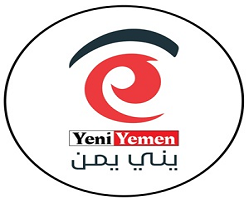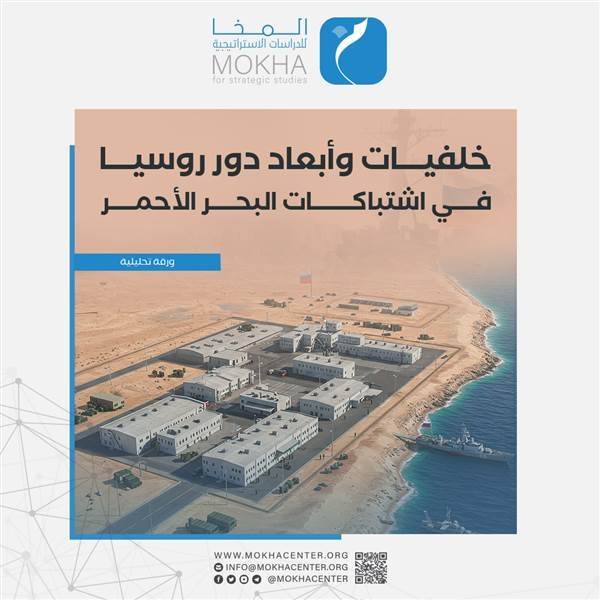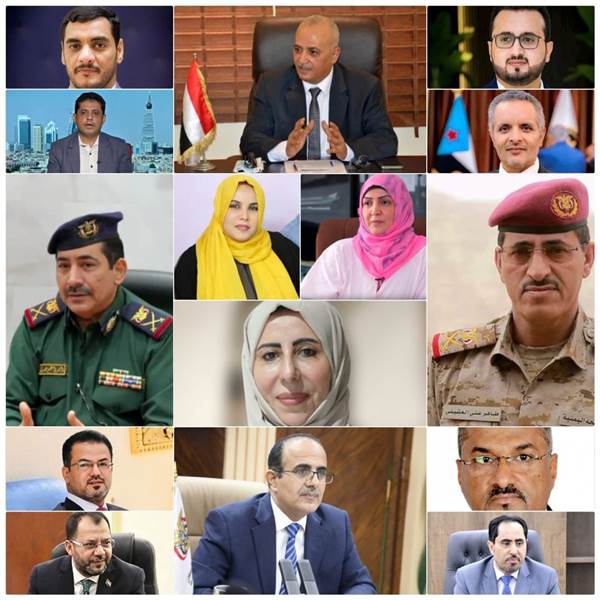Growing Russia-Houthi Ties: Geopolitical Challenges in the Red Sea and Military Alliances
Amid increasing Western pressures on Russia over the war in Ukraine, an analytical report has revealed the growing relationship between Moscow and the Houthi movement. This relationship is showing a clear upward trend driven by geopolitical motives aiming to secure multiple Russian gains.
According to the analysis, Moscow is seeking to leverage the Houthis in the Red Sea as a pressure tool against Western powers. Moreover, Russia aims to use Houthi operations, such as attacks on international shipping, as an internal propaganda tool to show Western weakness in the global system. These operations are directly linked to Russia’s war in Ukraine, which the Kremlin views as a turning point toward a new multipolar world order.
The report also points out that Russia is working to enhance its strategic position in the region by deepening cooperation with Iran, supporting anti-Western forces, and seeking to assert its influence over key energy routes
The cooperation between Moscow and the Houthi movement is taking on a military and technological dimension, with potential arms and military technology support to the Houthis, although the details of this assistance remain confidential.
The analysis suggests that after the rapid fall of its former ally, the Syrian regime, Russia is taking precautionary measures to maintain its influence in the Middle East by strengthening its relationships with other regional powers and expanding its economic and military alliances with countries like Iran and China. It also highlights that military deterrence has become one of Russia's strategic tools.
This study aims to shed light on Russia’s potential role in supporting Houthi attacks on international shipping, assessing the dimensions of this military cooperation, and its impact on regional security and Moscow's relations with major powers in the region.
"What is happening in Yemen? What caused the war? And who ignited it?










Comments